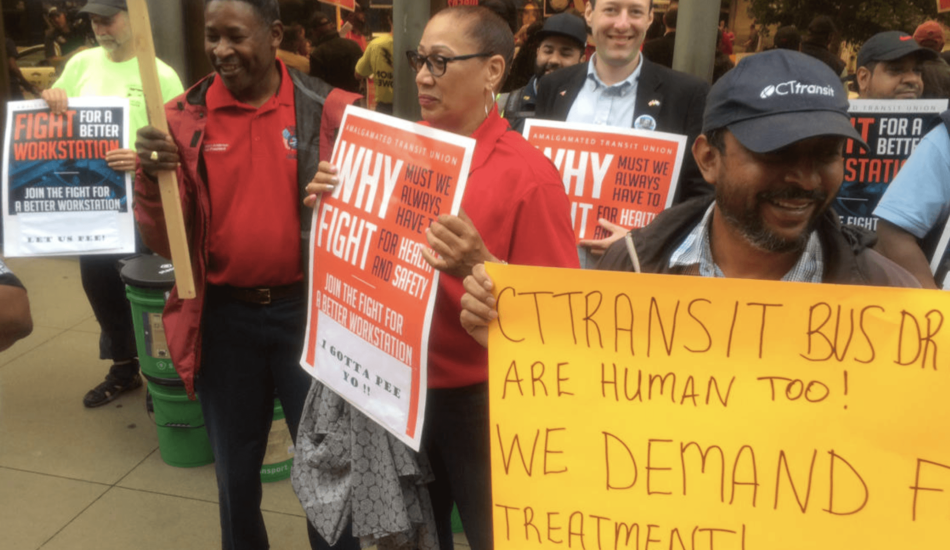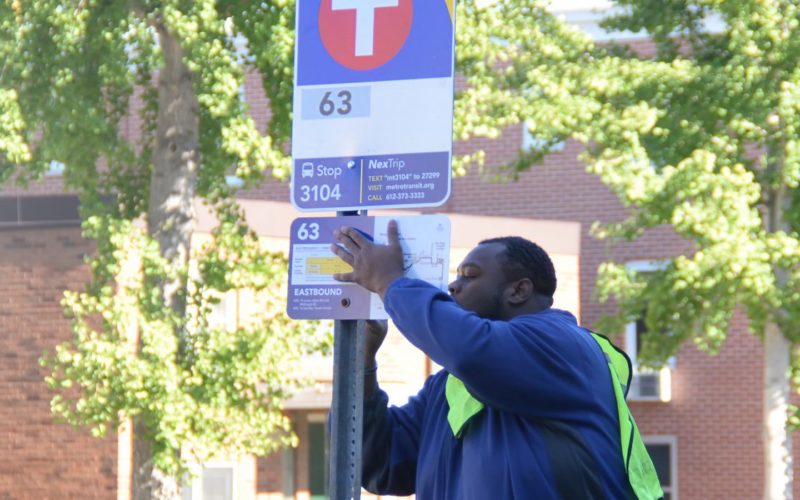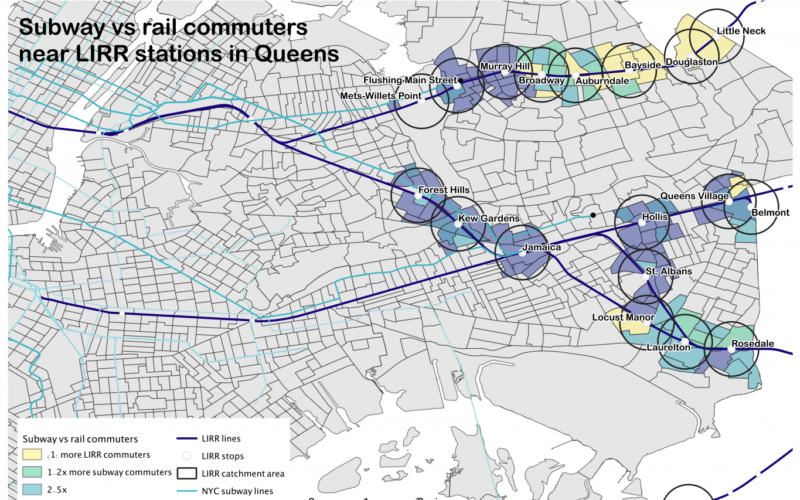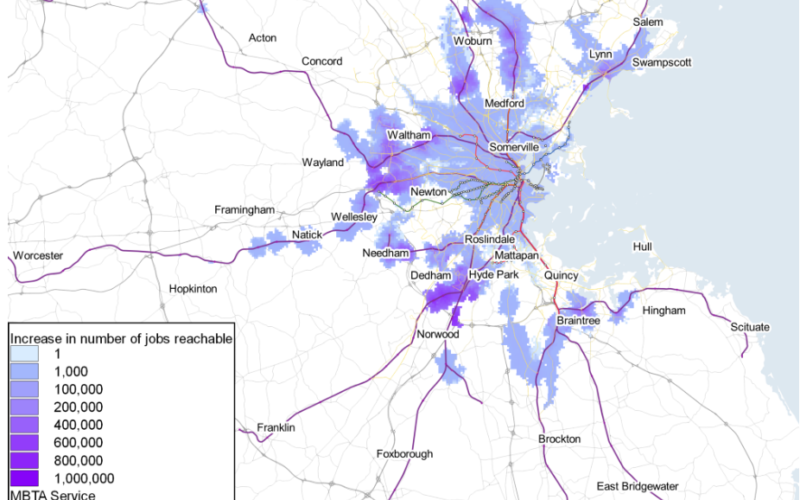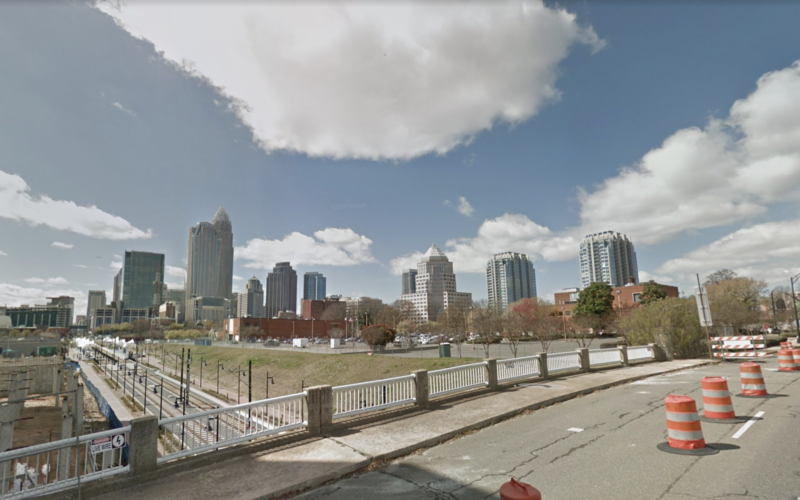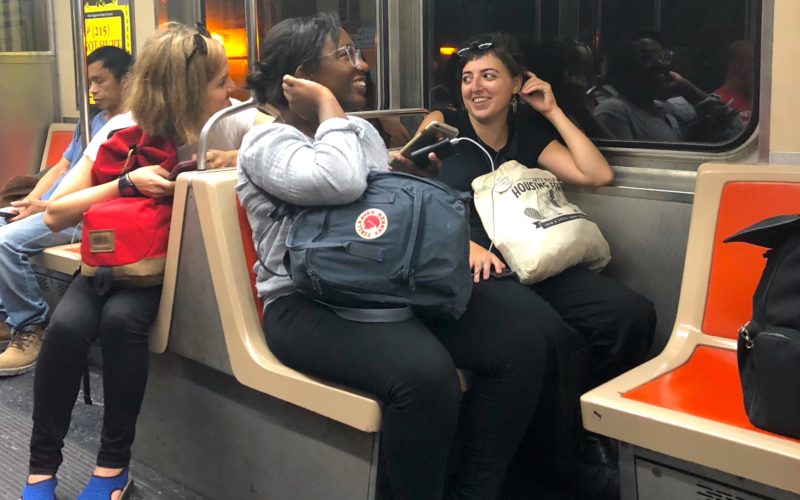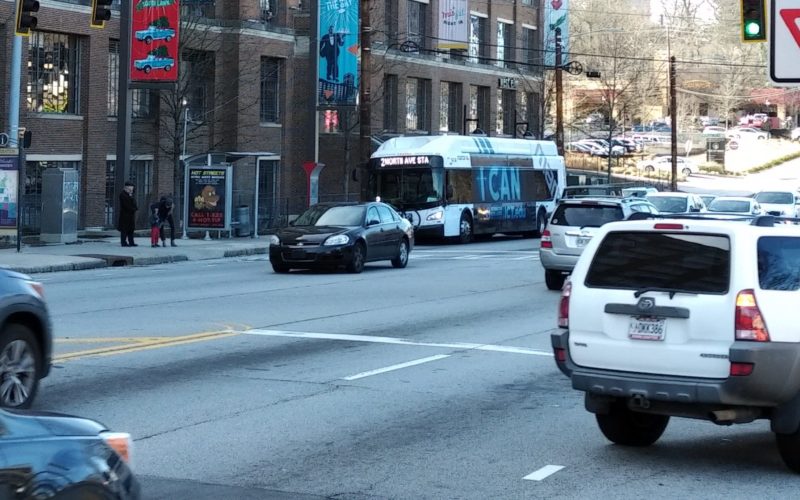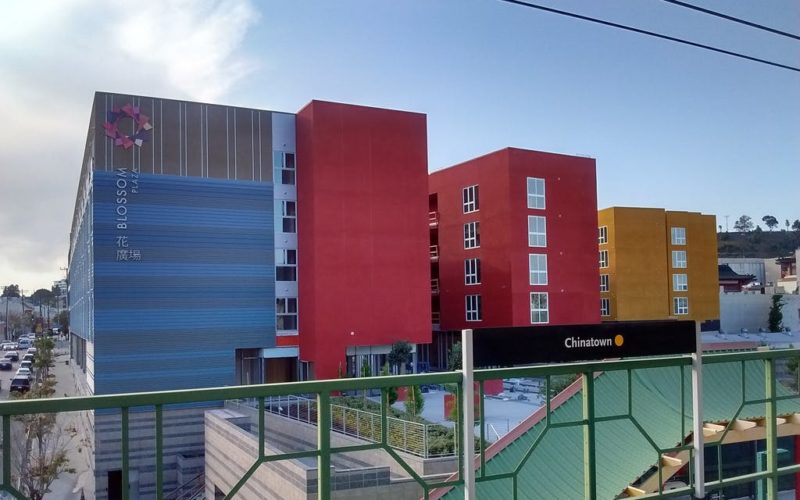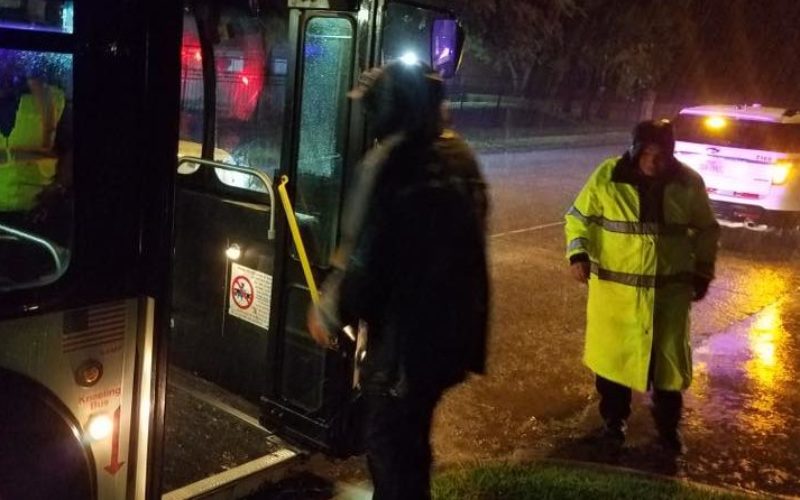News recently broke that bus operators in Virginia are routinely forced to work 10 hours without a bathroom break. While this may seem the stuff of nightmares, it’s hardly unique to the transit industry.
Read MoreReducing the number of stops reduces the time buses spend decelerating, standing still, and accelerating, making it one of the most effective ways for transit agencies to speed up bus service.
Read MoreA combination of high fares, infrequent off-peak service, and poor integration with other modes of transit make LIRR and Metro-North off-limits even for people who live near these stations.
Read MoreNew research shows that through fare policy, the MBTA can open up opportunities for residents in struggling neighborhoods.
Read MoreTransit is made for walking. So why are planners in Charlotte recommending a light rail alignment along a freeway?
Read MoreEarly this decade, transit agencies benefited from the entrance into the workplace of transit-loving young people. Some of those riders may now “age away” from transit, unless cities and transit agencies adapt.
Read MoreEveryone’s watching Atlanta. No, not the (exemplary) television show, the lively transportation developments that are unfolding in real-time on both the regional and local level.
Read MoreIn growing recognition that the benefits of transit access often don’t accrue to low-income riders, two agencies are testing strategies to encourage affordable development near transit.
Read MorePerhaps what didn’t make Hurricane Harvey headlines is how the local transit agency Houston Metro’s commitment to emergency preparedness paid off – before, during and after the storm.
Read More